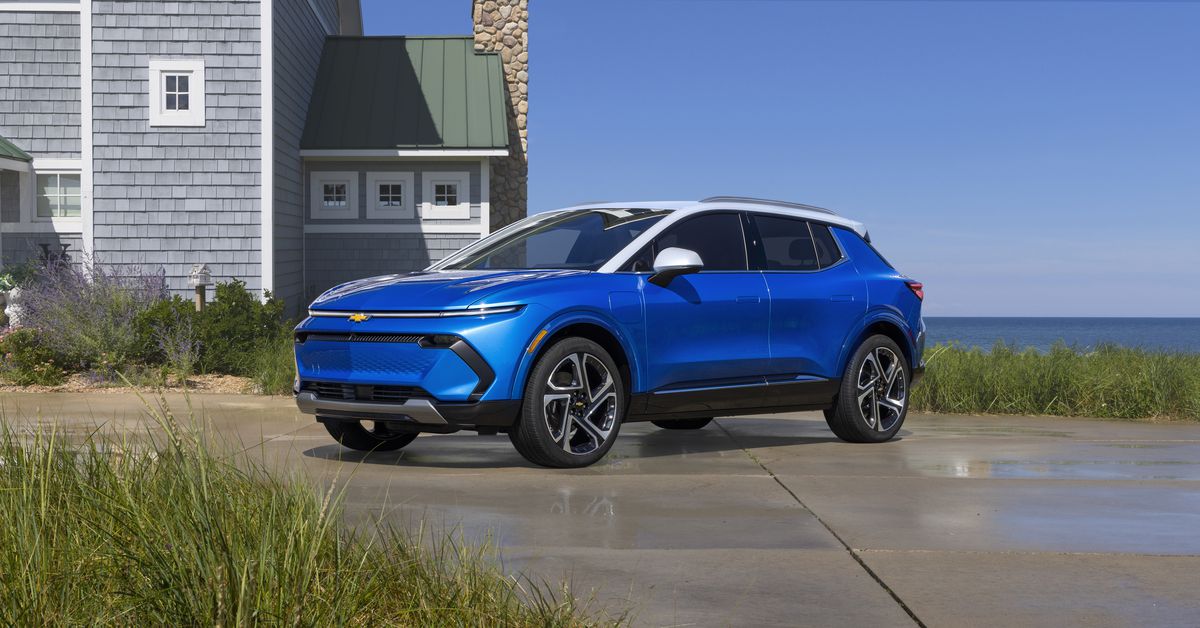I think it depends on your use case. I own both a Tesla Model 3 and 4BW. They are both great in their own ways.
If you can charge at home EVs are super convenient and have a low operation cost. The offer smooth, quiet, instant power and the tech is excellent. You get OTA software updates that improve the vehicle after the initial purchase. In the case of Tesla, you have a supercharger network that enables you to travel cross-country if you choose. EVs are not ideal yet when it comes to tracking however, many are surprised to learn that the Model 3 Performance has a Track Mode that Randy Pobst help tune. You actually have quite a bit of software control and the Track Mode has been improved to version 2 via an OTA software update. That kind of tech is really cool in EVs and the fact that it can be upgraded so easily after purchase is great.
View attachment 12542
That said, IMO, BEVs lack the personality and driving engagement I prefer from a performance car. I think this will be the biggest challenge as it relates to driving enthusiasts adopting and embracing performance BEVs. The instant torque delivery of an EV is incredible but the novelty eventually wears off and you are not left with much else. If you prefer a vehicle that can insulate you from the road and you enjoy the new tech, interiors, big screens, etc. you are going to love an EV. However, if you like to row your own gears, listen to the rise and fall of the RPM and exhaust note, prefer to brake all on your own vs. regen braking, etc. then we need to wait to see if auto manufacturers can figure out a way to inject some soul into performance BEVs.
 Maybe they should let the engineers make these decisions, not the politicians.
Maybe they should let the engineers make these decisions, not the politicians.




